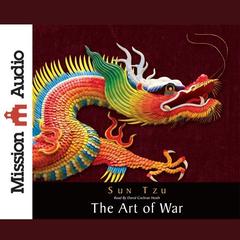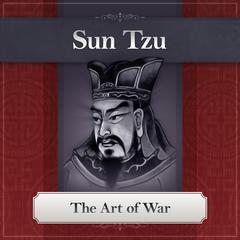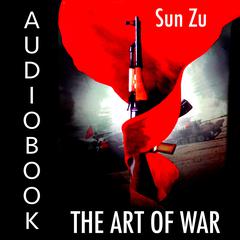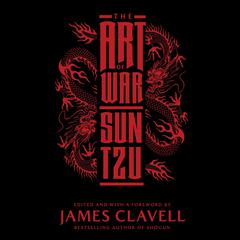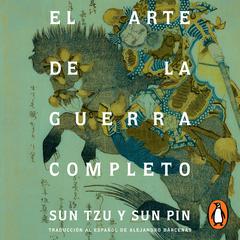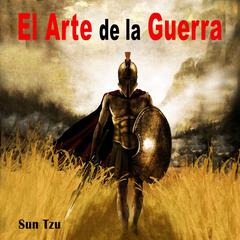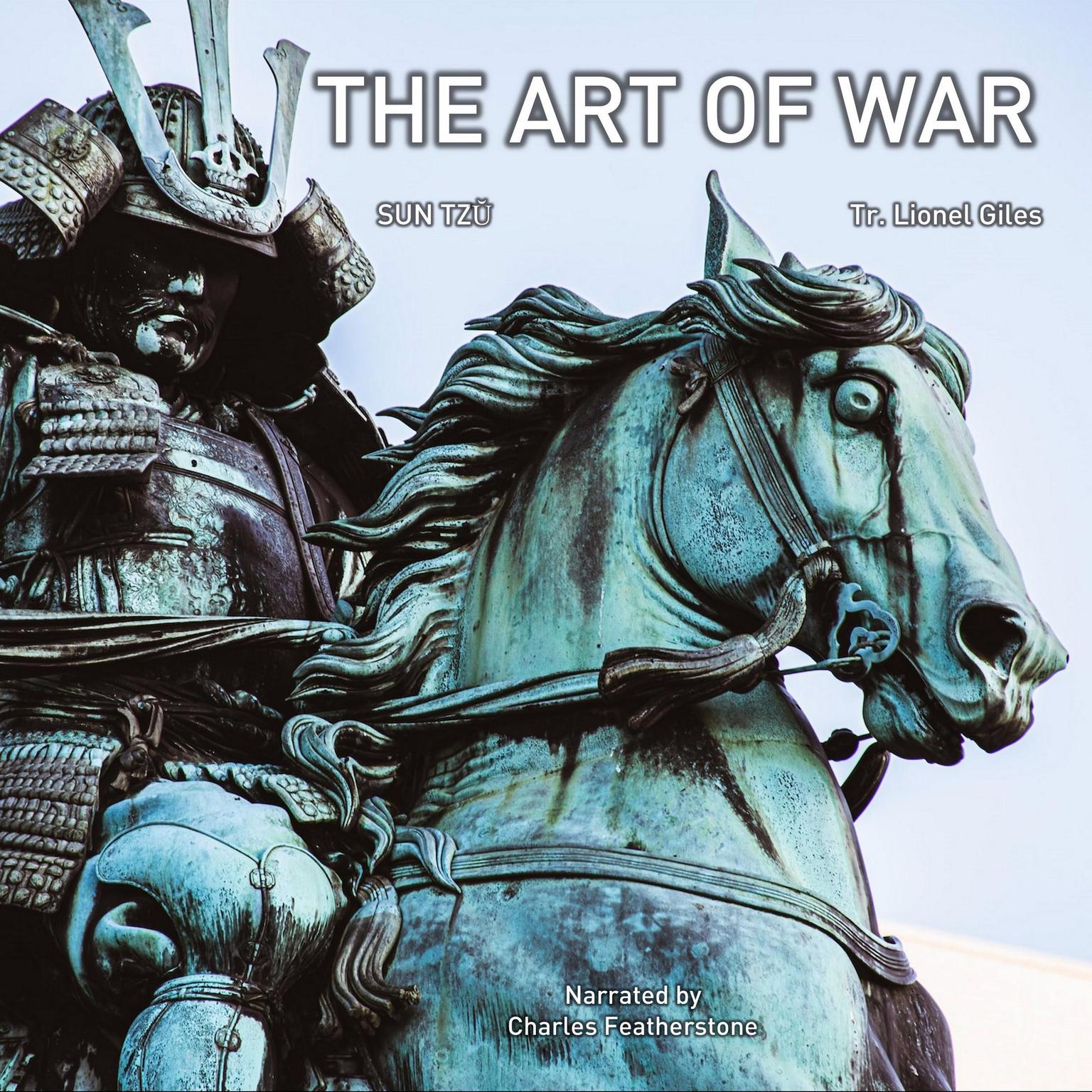 Play Audiobook Sample
Play Audiobook Sample
The Art Of War: The Classic Work With Comprehensive Annotations From The Greatest Chinese Commentators Audiobook
 Play Audiobook Sample
Play Audiobook Sample
Quick Stats About this Audiobook
Total Audiobook Chapters:
Longest Chapter Length:
Shortest Chapter Length:
Average Chapter Length:
Audiobooks by this Author:
Publisher Description
There are many versions of this work in English, and it is included as a useful reflection once one has pondered Daoism’s key texts. The title is properly ‘'Sun Tzu's Military Method'. It was written at the time of the Dao and Zhuang Zi, several centuries before the Lieh Tzu. For fifteen hundred years, it was part of China’s canonical strategic anthology, which became known as the Seven Military Classics.
In modern Anglophone culture it is often the only strategic text someone has read, supplanting and exceeding the previous dominant strategic text (von Clausewitz’s On War, 1832, tr. 1874). Leaders from Mao Zedong and Takeda Shingen to Võ Nguyên Giáp and Norman Schwarzkopf Jr. have explicitly acknowledged the book’s influence on them.
This translation is notably the second major version of it in English. It follows a translation by Everard Ferguson Calthrop that Giles found deeply contemptible, as one can see from the introduction.
It is important to note that most scholars do not consider the Art of War one of the classic Daoist texts. While it is a product and application of the philosophy, it is more of an exegetical monograph than a consideration of the philosophical underpinnings of Daoism.
Much like the Zhuang Zi, it takes the core ideas and realizes them in specific practical situations. It does so with such certainty that many contest it as a ‘true’ Daoist work. As you will see from the discussions embedded elsewhere, the key Daoist texts value contradiction and paradox far too much to be as procedurally simple as the Art of War is.
It is not clear that this criticism is fair, however. A much kinder perspective is that Daoism’s great failure is in its apparent lack of any utilitarian or social value. While Confucianism provides a balance, Sun Tzu’s work attempts to build a more practical version of Daoism than the key texts allow for.
Download and start listening now!
"A must read for everyone in the military who happens to have common sense. If more military and political leadership would read this we would have more successful battles, unfortunately they do not. "
— Darrell (5 out of 5 stars)
The Art Of War Listener Reviews
-
" Disappointing. I was expecting something deeper and more unknown. The book is very basic and very simple. I am sure at the time this work was written the substance was very wise and fresh but know it is just dull. "
— GhostlyAspect, 5/20/2011 -
" I did not get this book. I'll be honested, i read the executive summary and i was told to read it to draw the parallels in modern business, but i really struggled to put two and two together. I can see how it'd be a great book from a military or strategic perspective, however. "
— Khuram, 5/17/2011 -
" If they read "Art of War", you know their strategy. "
— Soli, 5/16/2011 -
" This is a book tha needs to be read and re-read. There is so much information in it the brain cannot take it all in. "
— Maria, 5/14/2011 -
" Makes you want to put on a suit and go take over something. "
— KJ, 5/12/2011 -
" Hard to believe that this was concieved so many years ago yet it still holds so much insight into all types of conflict, even today. <br/>Amazing....... "
— Jon, 5/12/2011 -
" The commentary sometimes gets in the way of the individual aphorisms, but sometimes that's critical so problems in translating can be understood by the reader. "
— Jim, 5/9/2011 -
" This man taught me to fight when there's a clear objective. He also takes a lot of the chance out of the battle. "
— F., 5/8/2011 -
" A deceptively simple and easy to read treatise actually holds quite a lot of interesting strategies not just to war but to life itself. "
— Kristin, 5/7/2011 -
" Poetic and always confident, the Art of War is still capable of inspiring the modern man with its occasionally dated descriptions. <br/> <br/>This edition also includes a similar piece by Wu Tzu - also worth reading. "
— Sam, 5/3/2011 -
" Short, but with some very interesting thoughts when the wisdom is applied widely. Or conversely, an interesting way to think about war in the modern day - how much still applies, and the few things that are outdated. "
— Alea, 4/28/2011
About the Authors
Sun Tzu lived in China in the sixth and fifth centuries BC, serving as a general and strategist to the king of Wu. A philosopher and writer, his military stratagems, written over 2,500 years ago, are still pertinent today.






